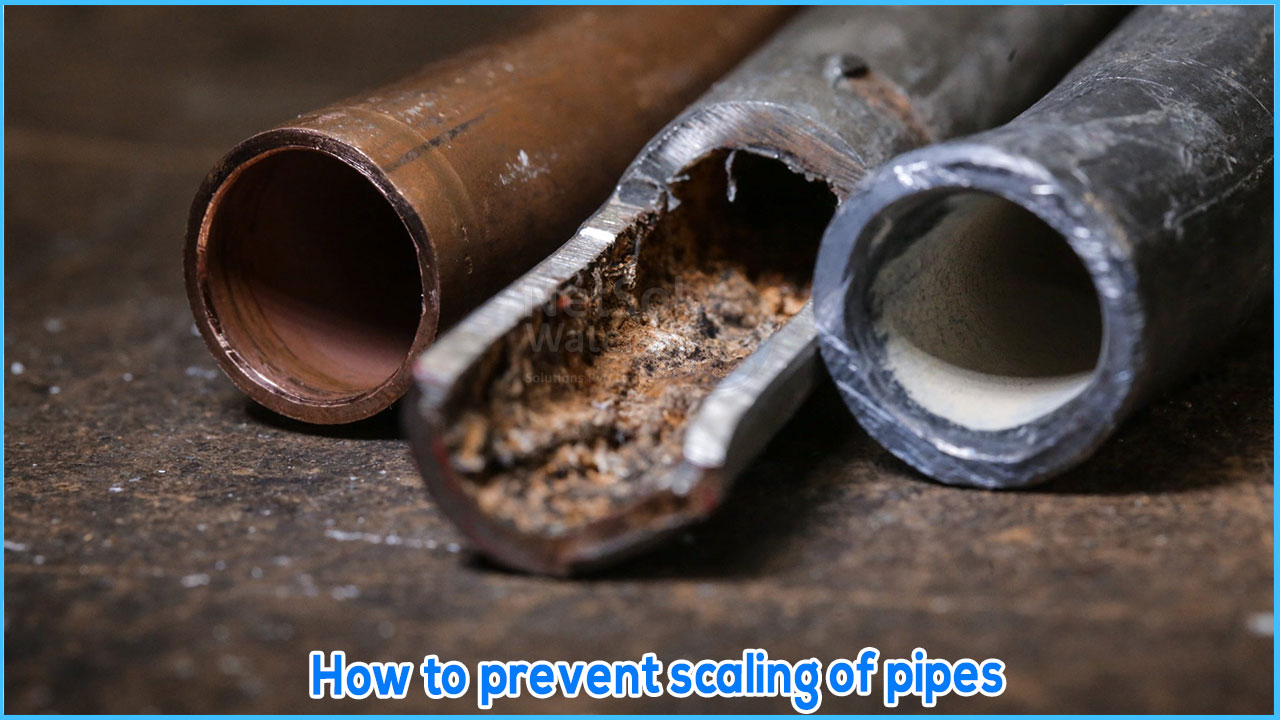The water in your pipes isn't completely clean. It contains minerals, metals, and other impurities. It forms scale as it flows through your pipes, gradually reducing the amount of passable area and inflicting gradual harm to your plumbing.Scale can build up on your equipment and its parts, causing serious problems with functioning.Scale control strategies are simple to use and can help you avoid further damage to systems or appliances that have already been harmed by scale building.
WHAT IS SCALE?
Scale is the accumulation of minerals and other deposits in water-contact regions, such as pipes and plumbing fittings. It generally happens when minerals like calcium and magnesium are in a hot or pressured environment. Because it contains metal particles, it can promote corrosion in some portions of a pipe, causing serious damage.
Water softening is the only technique to remove or decrease scale build-up. Chemicals are sometimes used by plumbers and other home repair specialists, but there are healthier, chemical-free alternatives.
HOW TO REMOVE SCALING?
To prevent the formation of scale, there are two basic treatments:
- 1. PRETREATTMENT: Pre-treatment is a straightforward procedure that removes hardness from your water before it enters any of your systems or appliances. Softeners are commonly employed in this procedure, and they function by introducing resin beds to the water that are coated in sodium ions. The sodium ions connected to the resin beads are absolutely non-toxic, which is a crucial element of this technique.
- 2. CHEMICAL: Chemical treatment is the most extensive treatment method for removing water scaling, and it is typically employed after hard water has entered the system or appliance. The goal of applying chemical treatments for scale management is to ensure that the scale does not accumulate on the system's surface. During the chemical treatment process, three different components are used:
THRESHOLD INHIBITORS: These compounds have the ability to chemically increase the number of ions in a solution. When low-level threshold inhibitors like phosphonates are added to appliance or system water, the amount of hardness that the water can sustain increases dramatically, meaning that the particles can exist in the water without producing scale deposits. Threshold inhibitors will weaken after keeping concentrated hardness ions for an extended period of time.To avoid scale deposits forming even after threshold inhibitors have been added to the water, perform the blowdown process, which will remove both the old threshold inhibitors and the hardness ions that they are currently holding.
CRYSTAL GROWTH MODIFICATION POLYMERS: These polymers alter the basic shape of the hardness scale, making it less stable and much more likely to dissolve properly. Crystal growth modification polymers can be mixed into water to prevent scale deposits from forming on system surfaces. This is accomplished by directly changing the shape of the scale, which reduces the possibility of deposits forming. These modification polymers are ideal for boiler systems and cooling towers because they prevent scale deposits from forming on any heat transfer surfaces.
DISPERSANTS:These substances alter the attractive forces that exist between scale particles, making it less likely for the particles to stick together and form scale. Dispersants offer advantages similar to crystal growth modification polymers. Scale can form because the hard particles in the water have different charges. Because these molecules attract opposites, they stick together and form a hardened scale. Dispersants added to boiler or cooling tower water will bind directly to any scale molecules present in the system.When this happens, all of the molecules in the scale gain a positive charge, causing the molecules to repel one another.
CONCLUSION
NETSOL WATER provides dependable and efficient residential water treatment services, including pipes, dishwashers, heaters, and other equipment. We use non-chemical methods to dissolve existing scale and protect your systems from future build-up, extending the life of your plumbing and keeping your water safe and healthy.




